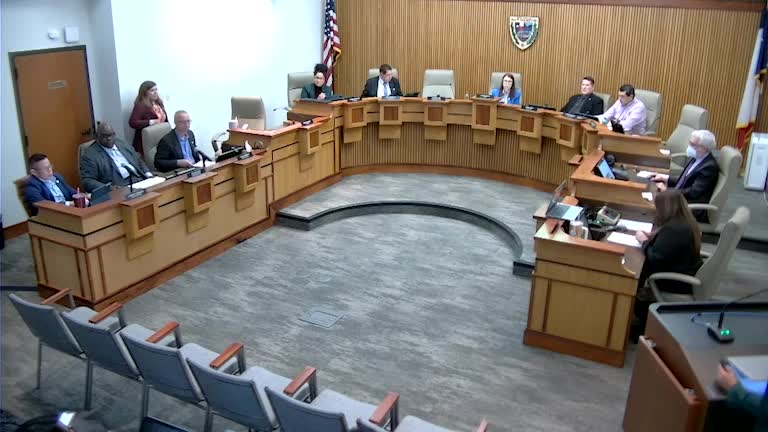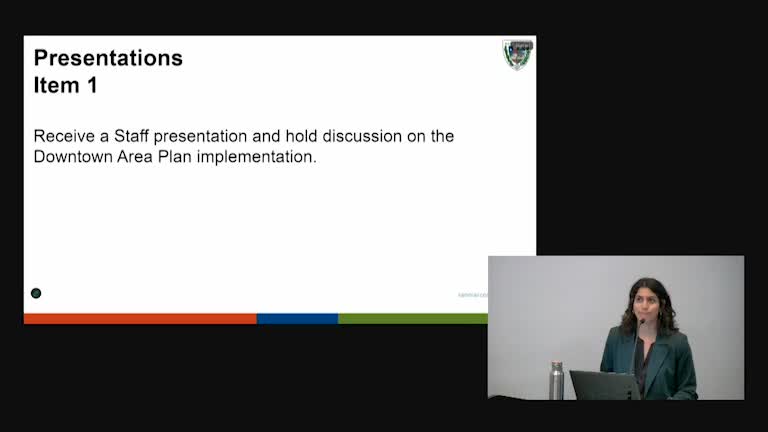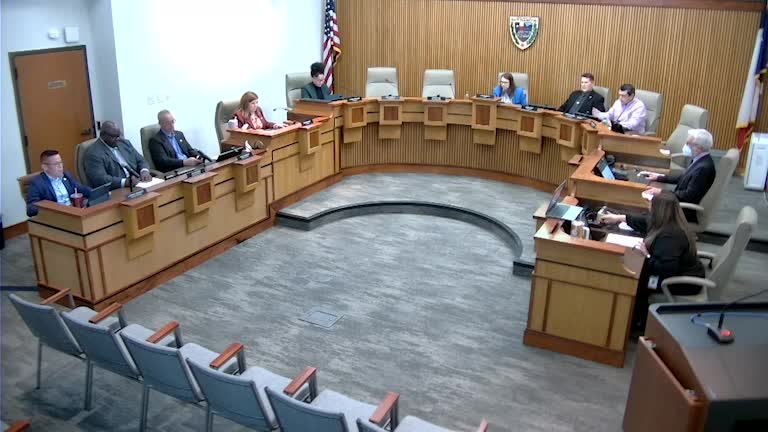Article not found
This article is no longer available. But don't worry—we've gathered other articles that discuss the same topic.

San Marcos police recommend 30-day retention for license-plate reader data; council asks for MOU and stricter outside-agency controls

San Marcos staff outlines 20-year downtown area plan implementation strategy

